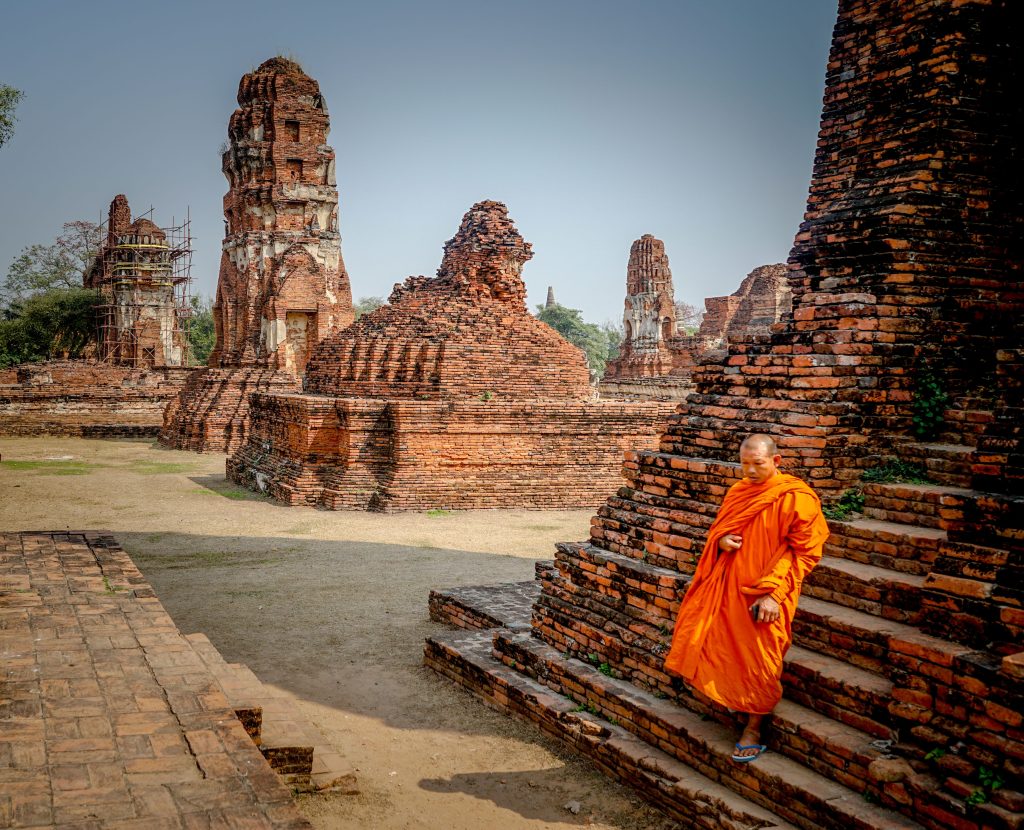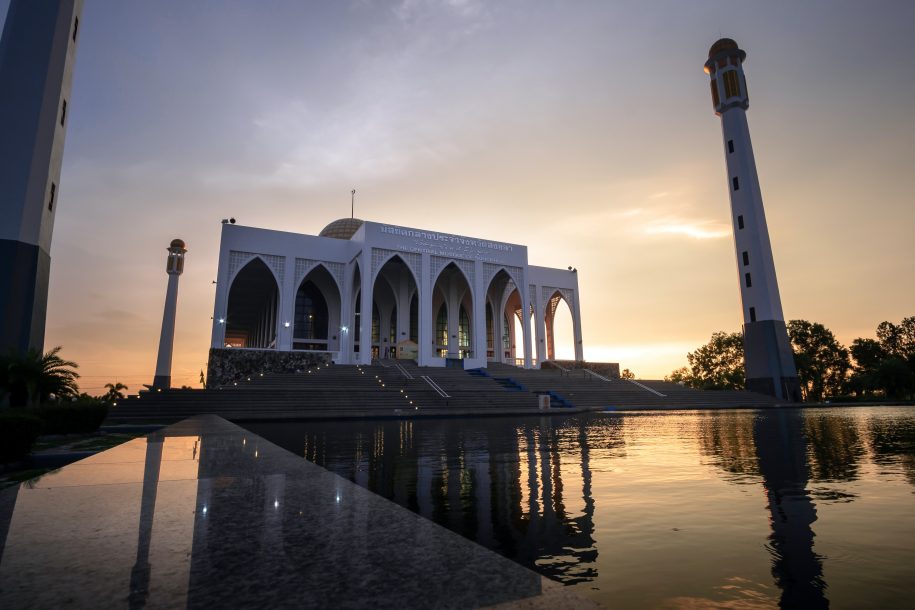Main religion in Thailand is a predominantly Buddhist country, with an estimated 95% of the population practicing Theravada Buddhism. However, other religions such as Islam, Christianity, Hinduism, and Sikhism are also present in the country.

Buddhism has been the dominant religion in Thailand for over a thousand years, and it plays a significant role in the country’s culture and way of life. The country’s official religion is Theravada Buddhism, which is a branch of Buddhism that emphasizes the original teachings of Buddha. Theravada Buddhism in Thailand is known as “the way of the elders,” and it is characterized by a focus on meditation, self-discipline, and the pursuit of enlightenment.
Buddhism is deeply ingrained in Thai society, and it is reflected in the country’s architecture, art, and customs. Many of the country’s most significant landmarks, such as the Grand Palace in Bangkok and the ancient city of Ayutthaya, feature Buddhist temples and statues. In addition, many Thai people practice daily rituals such as giving alms to monks, visiting temples, and participating in Buddhist festivals.
Although Islam is a minority religion in Thailand, it is still prevalent in certain areas of the country. The majority of Thai Muslims are found in the southern provinces of Pattani, Yala, and Narathiwat, where they make up the majority of the population. Thai Muslims are primarily Sunni, and their practice is influenced by local customs and traditions.
Christianity in Thailand dates back to the 16th century when Portuguese missionaries arrived in the country. Today, Christianity is a minority religion, and most Thai Christians are Roman Catholic or Protestant. Christianity is more prevalent in urban areas, and many Christians are involved in social work and charitable activities.
Hinduism and Sikhism are also present in Thailand, primarily among the country’s Indian community. These religions are not as widespread as Buddhism, Islam, or Christianity, but they are still an essential part of the country’s religious landscape.
In conclusion, Thailand is a predominantly Buddhist country with a rich religious and cultural heritage. While Buddhism is the dominant religion, other religions such as Islam, Christianity, Hinduism, and Sikhism are also present in the country. Religion plays an essential role in Thai society and is reflected in the country’s architecture, art, and customs.
Thailand is a predominantly Buddhist country, with an estimated 95% of the population practicing Theravada Buddhism. However, other religions such as Islam, Christianity, Hinduism, and Sikhism are also present in the country.
Buddhism has been the dominant religion in Thailand for over a thousand years, and it plays a significant role in the country’s culture and way of life. The country’s official religion is Theravada Buddhism, which is a branch of Buddhism that emphasizes the original teachings of Buddha. Theravada Buddhism in Thailand is known as “the way of the elders,” and it is characterized by a focus on meditation, self-discipline, and the pursuit of enlightenment.
Buddhism is deeply ingrained in Thai society, and it is reflected in the country’s architecture, art, and customs. Many of the country’s most significant landmarks, such as the Grand Palace in Bangkok and the ancient city of Ayutthaya, feature Buddhist temples and statues. In addition, many Thai people practice daily rituals such as giving alms to monks, visiting temples, and participating in Buddhist festivals.
Although Islam is a minority religion in Thailand, it is still prevalent in certain areas of the country. The majority of Thai Muslims are found in the southern provinces of Pattani, Yala, and Narathiwat, where they make up the majority of the population. Thai Muslims are primarily Sunni, and their practice is influenced by local customs and traditions.
Christianity in Thailand dates back to the 16th century when Portuguese missionaries arrived in the country. Today, Christianity is a minority religion, and most Thai Christians are Roman Catholic or Protestant. Christianity is more prevalent in urban areas, and many Christians are involved in social work and charitable activities.
Hinduism and Sikhism are also present in Thailand, primarily among the country’s Indian community. These religions are not as widespread as Buddhism, Islam, or Christianity, but they are still an essential part of the country’s religious landscape.
In conclusion, Thailand is a predominantly Buddhist country with a rich religious and cultural heritage. While Buddhism is the dominant religion, other religions such as Islam, Christianity, Hinduism, and Sikhism are also present in the country. Religion plays an essential role in Thai society and is reflected in the country’s architecture, art, and customs.


Leave a Reply